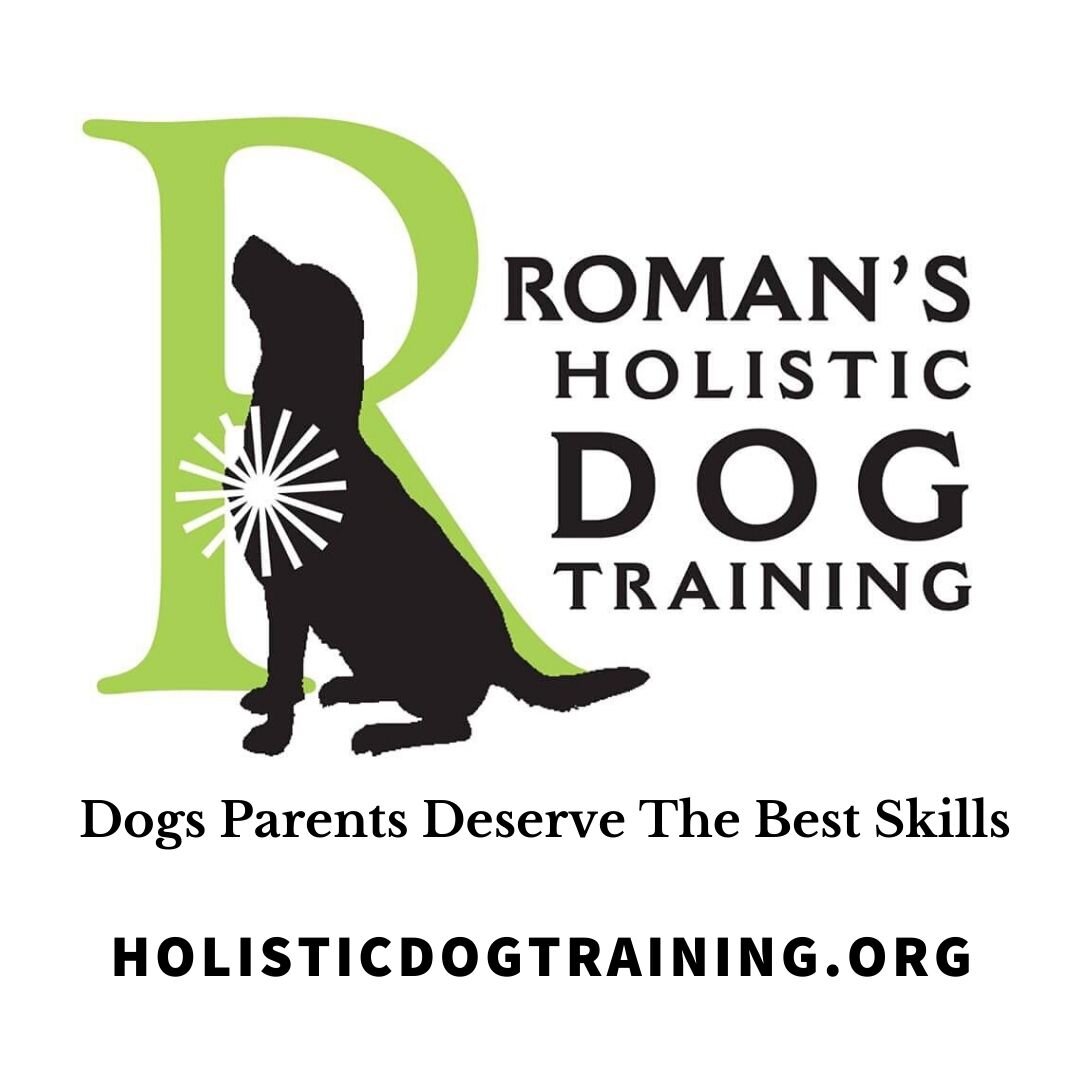Sigmund ( SIGGI)
Dogs certainly seem to recognize the scent of familiar dogs and people. If they have a sense of self then maybe instead of expecting them to recognize their reflection, we should help them to recognize their place in our family.
A positive sense of family is one of the greatest gifts you can give your dog. Dogs should feel appreciated, loved, and develop into a happy and productive companion. To help build your dog's positive self-esteem as he grows, consider these nine dos and don'ts.
Give your dog choices.
Giving dogs choices -dogs think in binary (YES/NO) terms within a reasonable two options that are pre-selected by you- makes them feel empowered. For example, offer two different types of treats to choose from, or offer two different toys for your dog to pick his favorite. Learning to make simple choices while he's young will help prepare a dog for the more difficult decisions he'll face as he grows. For example, understanding whether or not something is a threat.
2. Don't do everything for your dog.
Be patient and let your dog work things out on her own. For example, it may be faster and easier to pick up a ball in the bush, but letting her do it herself helps her learn new skills. The more she meets new challenges, the more competent and confident she'll feel.
3.No one is perfect.
Dogs want to improve and be better and faster. The way you react to your dog’s mistakes and disappointments colors the way he will respond.
4. Don't gush or offer insincere praise.
Dogs are masters at detecting insincere praise or baseless rewards. Praise your dog often, but be specific in your rewarding cues, so your words don't ring hollow. For instance, instead of reacting to your dog's latest achievement with, "Wow, good boy! You're the best dog ever," try something like, "GOOD, YESSSS, YAY!"
5. Do assign age and breed-appropriate tasks.
Give dogs responsible tasks such as “down-stay” while you prepare the dog food, walking calmly next to you while on a walk, or checking in with you before crossing the street. They'll become more confident and learn problem-solving skills.
6. Don't draw comparisons between your dogs.
Dogs are emotionally and energetically very sensitive. Instead, appreciate each one's individuality and special skills.
7. Don't call dog names or make jokes about their confusion.
Never belittle your dog's feelings. Even if they don’t understand your words, they pick up on the meaning behind them. When you get angry, take a short break so you don't say or do anything you'll regret. Keep in mind that you can dislike a dog's actions without disliking the dog. Be sure to illustrate the difference to your dog.
Photo by Monica Click/iStock / Getty Images
8. Don’t hold on to your emotions,
Stay in the present moment. What happened three seconds ago has nothing to do with what’s happening now. Even if a situation is connected to a human timeline, dogs don’t consider time as a factor. They see things in terms of events, not time.
Photo by Vesnaandjic/iStock / Getty Images
9. Do spend one-on-one time with your dog.
Whether it's sharing a toy or taking a walk, try to schedule some alone time with your dog at least once a day for 5-15 minutes. This is an excellent opportunity to build synergy and strengthen the emotional relationship with your dog.
Roman Gottfried is an internationally renowned Holistic Dog Training and Dog/Human Relationship Coach. He works with dog parents worldwide to help their dogs reach their full potential, by teaching them the holistic philosophy of creating a healthy relationship with their dog. He sees clients both online and in-person in Phoenix, Arizona.
Visit www.holisticdogtraining.org for more information. To schedule an appointment click HERE
Rockstar- English Mastiff













